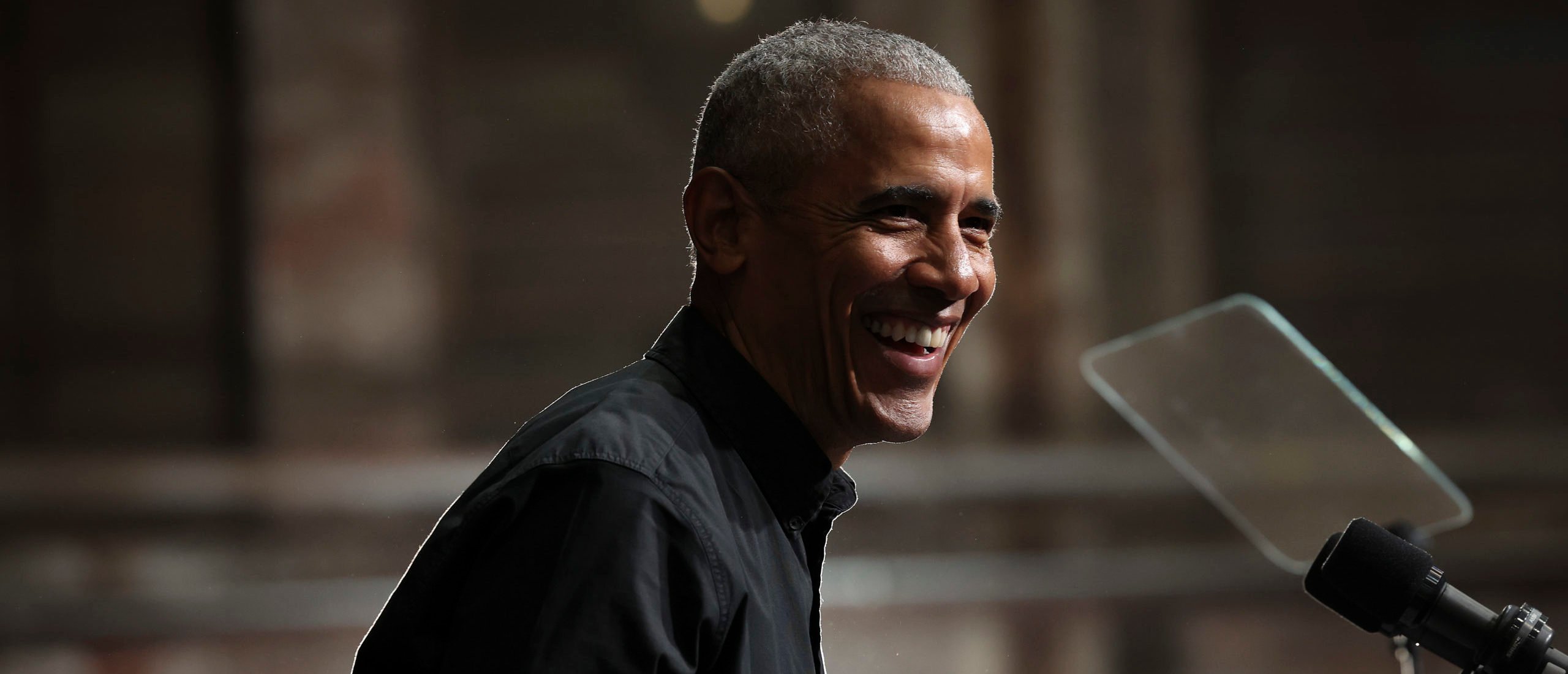Here is my first offering towards the history of philosophy leading to the concept of "Arrogance of Power".
Nietzsche, whom I have not studied in depth, is often credited with an idea termed "Will to Power". Here is a reference of analytical descriptive value on the subject.
https://plato.stanford.edu/entries/nietzsche/#PoweLife
In my mind, Nietzsche has always been a sort of proletarian equivalent of "neat" or "cool", because the word was used like that in commonplace household chatter. In my brief skimming over the article linked above, Nietzsche is noted for being vague while evaluating human values which most people want to be clear-cut. He sees virtue in every conceivable human impulse, something functional, something appropriate to the needs of the day as we may choose to act. He sees having a purpose as the critical fulcrum of judgment, and believes humans should be purposeful, and willing to adapt their values to the need of the day.
In my religious predilections, this is "bad", because virtue or truth exist in a timeless continuum of righteousness......, much like Science is the firmament of our material understanding, presumed to be a consistent world of natural realities or laws. God is imagined to be unchanging, eternal. There is a postulate that we should learn to follow God's commandments.
I must confess. Some people would say I'm all messed up. In a family where almost everyone could be termed "sociopathic" if not "psychopath" because, well, the seat of authority was not present, and if you could not defend yourself intellectually or on a chess board, you would endlessly be mocked and disregarded.... The idea was we had to stand up for ourselves, maybe, but that glory was a fleeting thing that had to be created anew daily.
The other extreme was our mother, who tirelessly spoiled us all with mundane service and unconditional love, who never professed to actually know anything, or require anything from us....
In this household, Nietzsche was God. The God of the Lords. Christ was also God, but only the God of the Servants.
Let's just say, I have known some people who equated with themselves the perfect right to do as they saw fit, in any circumstance of life. Some of them were scientists, some were school teachers or professors, a few were lawyers and business executives.
I note that in the Bible, some of the "sins" most abhorred include the impulse to "steady the Ark", where a non-Priest not appointed to be a bearer of the sacred covenant should be struck down by the power of God if, seeing the bearers stumble, they should try to assist. The higher virtues required respect for authority deemed established by "The Law", and the impulse to improve The Law, or scripture was deemed a most serious evil.
Jesus, when taken up onto the pinnacle of the Temple..... a spot I visited one day, alone in my reverie...... by the Devil, was tempted four times. Each temptation was rebuffed by Jesus, with scriptural citations.
The Devil offered him glory, power, honor, wealth, with perfect "Arrogance" each time.
I should probably read Fulbright's book on "The Arrogance of Power". I'm sure he will have a context for his term.
Nietzsche's musings are not that idea.
My idea of it is, simply, that authoritarians always prove they are above the law with exemplary displays of the sort which schools the peasants not to rise in resistance. That's what jails are for. That's what firing squads are for. That's why Braveheart was sawed into pieces and impaled on pikes in the four corners of the Kingdom.
And that's why, ultimately, we need a kind of Law that is above the tyrants.
And that is not the bearing which Fulbright applies in his book on getting us past quarreling nationalism. Certainly, Xi is not paying attention to Fulbright today, and assuredly..... Putin does not see a shared incompetence or shared impotence as the road to a better future. I see the teachings of Christ, in his own words, as a sort of antidote for authoritarian impulses. Stuff like service, compassion, humility.
The whole problem with Progressive ideals is we have left out the ideas which teach self-control, respect for human rights, and the need to limit our appetites for wealth and power.

